In the movies and tv shows we watch, sound has an undeniably crucial role in creating emotion. Music of all kinds- suspenseful, joyful, sorrowful, exhilerating- envelop our ears to enrich the scenes that they accompany. I’d even argue that sound plays just as important a role as the visuals itself. If you disagree, just watch this clip from Star Wars: A New Hope.
This is no different for video games. Just like film, games, in a way, help surivive classical music. Since the 70’s and 80’s, game music has branched out from the retro-bit limitation and sprung out into an uncountable, wildly varying plethora of songs. From BattleField to Mariokart, game soundtracks have become a genre in and of itself, with many subgenres under that umbrella.
In a research paper by Christoph Klimmt, it was found that there very much is a direct correlation between enjoyment and music. He writes “we test the hypotheses that soundtrack music contributes to players‘ enjoyment via intensification of emotions.” In his first study, Klimmt had 68 men play Assassins Creed: Black Flag in two groups: one with music and one without. After a few hours of playing, they were surveyed. “Findings clearly show an indirect effect of soundtrack music on enjoyment through positive emotions.”
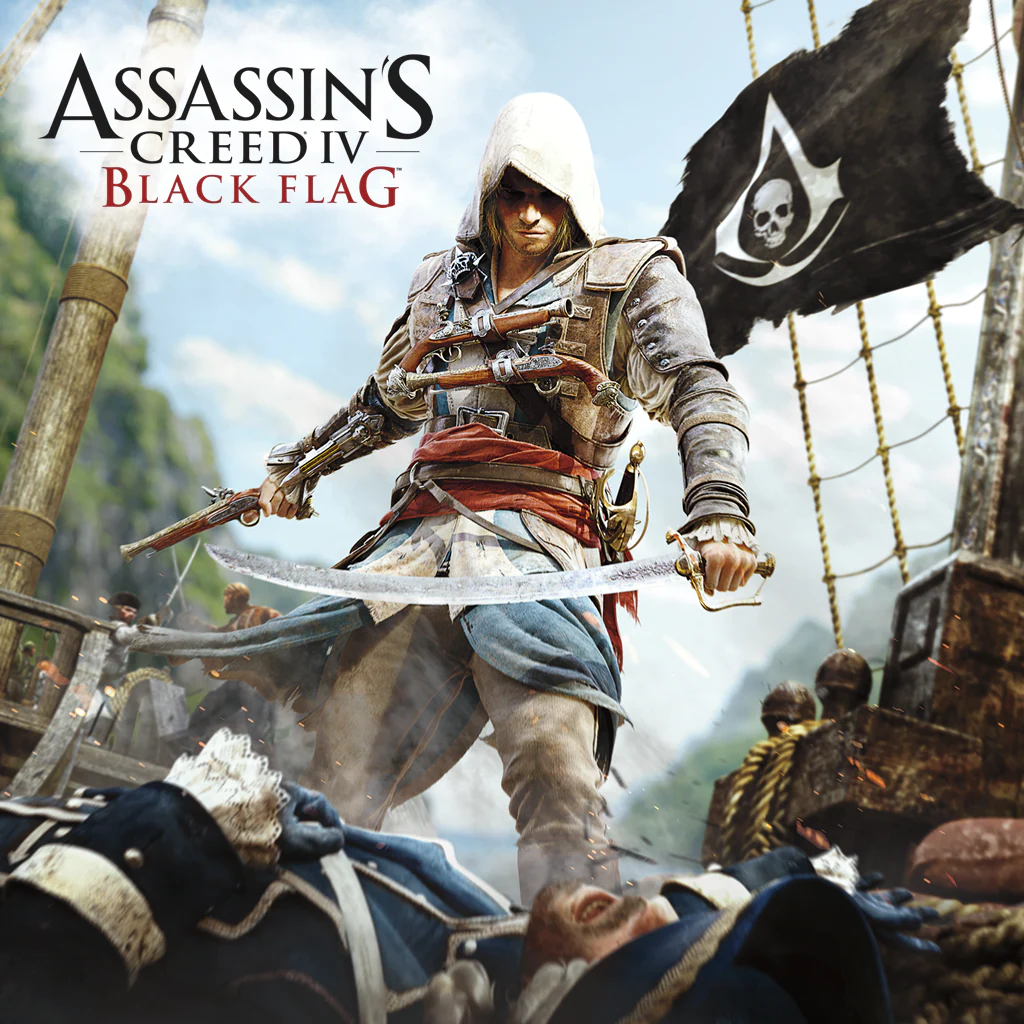
Personally, I notice I’m much more easily immersed in games that have powerful music backing them. When playing Minecraft, I’d sometimes just sit back and let the music sink in. C418 is recognized among most minecraft players as the man who helped make their childhoods, and so have deep respect for him. Sitting there in a calming world, listening to music that was just as ethereal as the game itself, I felt like I was experiencing it to its fullest. Other times, I would listen to a spotify playlist while building. Contrary to listening to the game’s built-in music, I would usually feel less emotion and not be as involved in the game.
Some soundtracks even hold on their own outside of their video games. While making the soundtrack for Cuphead, Kristofer Maddigan, said on an interview with GameLark “listening was the key, y’know. I listened to thousands and thousands of [classical jazz compositions]… I got as many books as I could… Learned about a lot of composers, learned a lot from Duke Ellington.” The product of Maddigan’s studying and hard work to replicate that “big band jazz” style was the soundtrack we got; nearly three hours of true jazz.
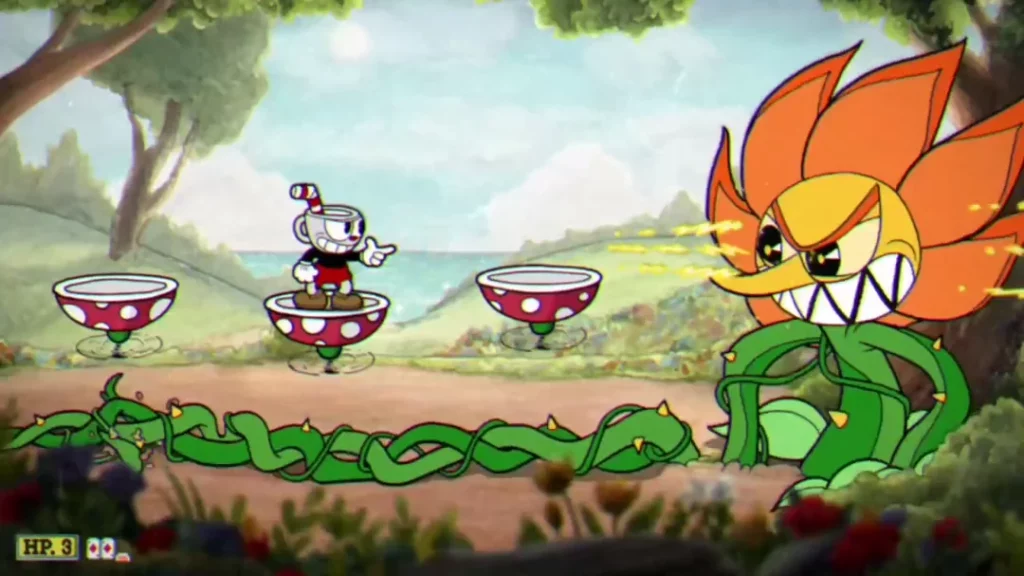
Here’s Floral Fury, Carnival Kerfuffle, and Railroad Wrath.
A Syncopated Times critic wrote “The more than 30 musicians involved are all quality players and a sense of individuality comes through, especially on the solos. Yes, jazz improvisation on a video game soundtrack. You can easily enjoy this as an album without ever seeing the game.” He is absolutely right- in 2017, Maddigan made jazz band music mainstream again through a video game.
Going back to what Klimmt and his studies, he mentioned that the music was directly responsible for the “intensification of emotions.” I think we all feel that effect of music, wether its through television or the radio, music brings out feeling.
Two games that I felt excelled at this were BattleField One and Infinite Warfare. There are a certaintly others that have as well, such as Hollow Knight, Celeste, and Elden Ring, but lets focus on those first two.
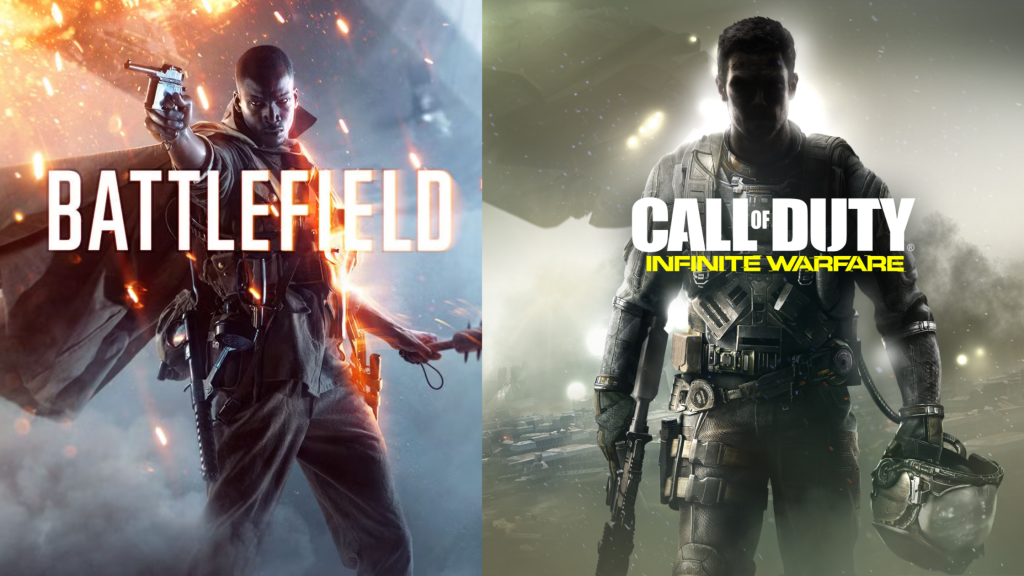
BattleField One‘s sole purpose is to demonstrate the horrors of war. Upon release, the game’s campaign was praised for its themes: humanity, loss, conflict, and war, to name a few. On top of that, the story was told through five different perspectives across five different missions. A Tank Crew defending France, Foot Soldiers invading a beach, a British Fighter Pilot, a PTSD-ridden veteran experiencing flashbacks, and a messenger following a naval invasion.
In the first mission, a stunning monologue is given by a veteran with his perspective on war. You transition from person to person, fighting until you’re overcome and killed as he details the unforgivingly harsh reality of war.
The narrators point is made especially clear through the music; war brings needless suffering. Here’s The Four Horsemen, what I think to be one of the game’s hardest hitting tracks.
Whereas many games have glorified and saturated the idea of war, Battlefield One stood out. DICE was on a mission to tell a story, through and through. It wished to expose the human suffering and make known what happened, tackling philosophical subjects and censoring nothing. Johan Soderqvist, composer of the soundtrack, told that story alongside them through his music.
Similarly, Call of Duty: Infinite Warfare wanted to be more real with its messages. The game certainly did saturate the concept of war, filling it’s multiplier with brightly-colored weapon skins and even comedian Ken Jeong as an announcer (best purchase of my life), and because of that, Infinite Warfare was massively overhated. but the campaign is something everyone can agree on.
The story revolved around a man leading an underdog rebel coalition against an evil empire, the SDF. It’s a similar story to Star Wars, but an entirely different universe. In this one, militaries have begun turning humans into robots to fight for them- rigging them as weapons. The entire solar system is being fought over, space being the common ground for most of man. Earth is regularly under attack and heavily controlled by the SDF, and the fighting is never-ending.
These circumstances create a certain feel. When I played, I felt daunted, intimidated by the massive threat of the SDF. I also felt a breathtaking sense of loneliness caused by the lack of humanity in this universe-the militarization of the entire galaxy.
Infinite Warfare’s soundtrack echoes that. Loneliness rings out from every note, the feelings of fear and hope overtaking you every time you sit down to play. In the past decade, Call of Duty games have taken more commercialized, poppy approaches to their feel, but Infinite Warfare remains true to its own purpose: desolate yet powerful.
Here is Anthropic Universe and Terrible Resolve.
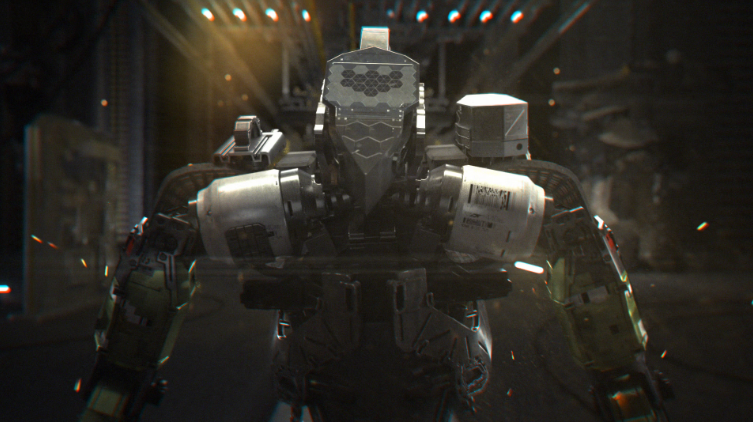
Speaking of desolate and powerful, the Celeste soundtrack by Lena Raine shocked its listeners with feeling. Each song perfectly captured the mystique of the mountain the game took place on, the protagonist battling her way through mental health struggles as she stood determined to climb to the top of the peak. The entire experience stood as a metaphor for reaching a healthy mental state, and thus, Celeste and its soundtrack received incredible recognition. The soundtrack was nominated for “Best Score/Music” at The Game Awards 2018 and won the ASCAP Video Game Score of the Year in 2019. Here’s Resurrections, written by Lena Raine who went on to produce music for Minecraft.
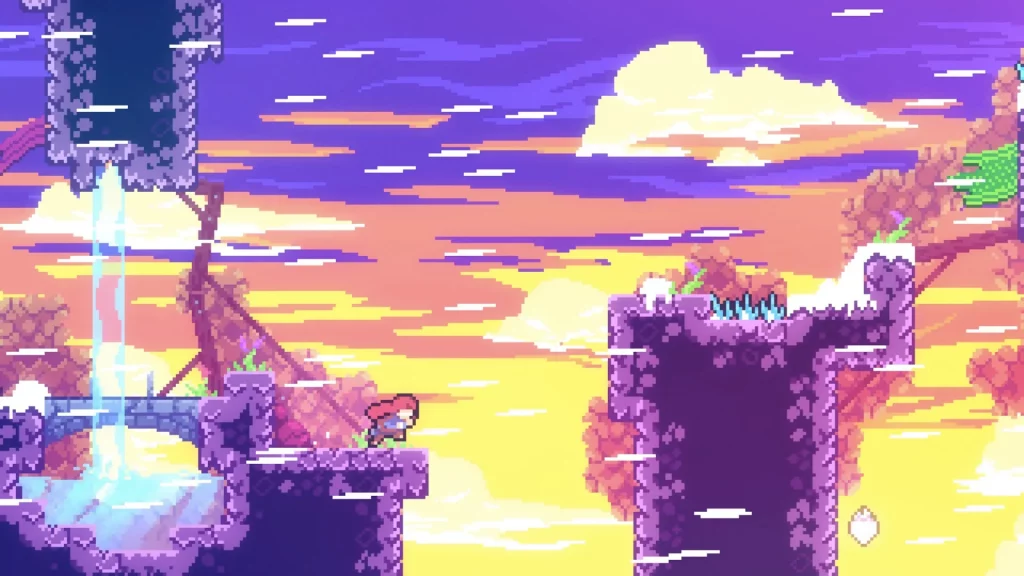
There are countless soundtracks written to be emotionally impactful, and just as meany meant to be just plain fun. Rhythm, action, and platformer games often have music designed just for your enjoyment with out too much depth to them. Crypt of the Necrodancer, Sonic Mania, and Bayonetta are some honorable mentions for this category of straight fun. These are some games that feature fast paced, melodically ingenius soundtracks bursting with sound. I’m just going to throw some classics from each game here.
Crypt of the Necrodancer was one of the most entertaining rhythm games I’ve ever played. It features a 42-song soundtrack filled with action, excitement, and really neat retro-style soundfonts. It’s a perfect rhythm-dungeon-crawler that combines the two styles seemlessly. Whats more is that the music is interactive, meaning that your actions in the game effect the music. For example, when you move onto a slow-button, the song slows and consequently, your movement.
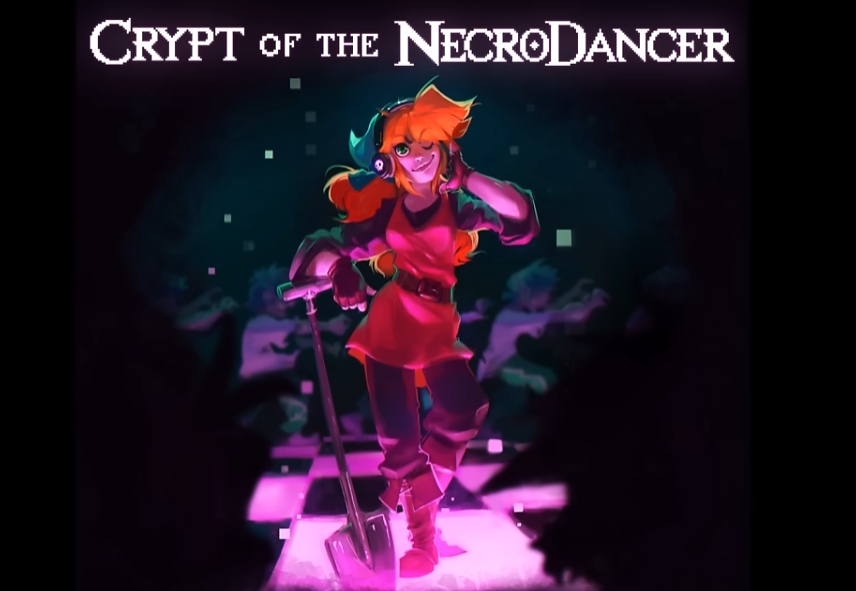
Here’s Disco Descent and Cryptique.
Sonic Mania has the same kind of thing going; a smoothed out retro-style soundfont with fast paced beats. The style stays true to its roots but maintains a new feeling of excitement not yet felt in the sonic series. Most of these songs hold up on their own, as well.
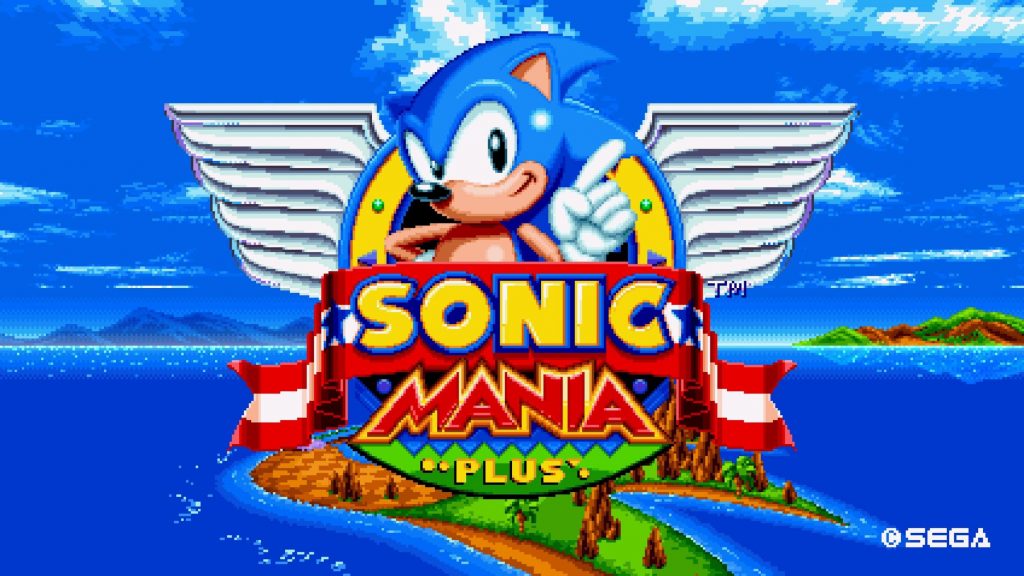
Here’s the infamous and thrilling Green Hill Zone and Hydrocity Zone Act 1
One of my personal favorite soundtracks of all time includes elements from all of these games mentioned previously: the Bayonetta soundtrack. Centering around an umbran witch, the music fits her personality and is rich with classy instrumentals and clear vocals. The tempo keeps up to the tensity of the moment, and music in the Bayonetta games propel you through the energetic and ecstatic nature of its gameplay.
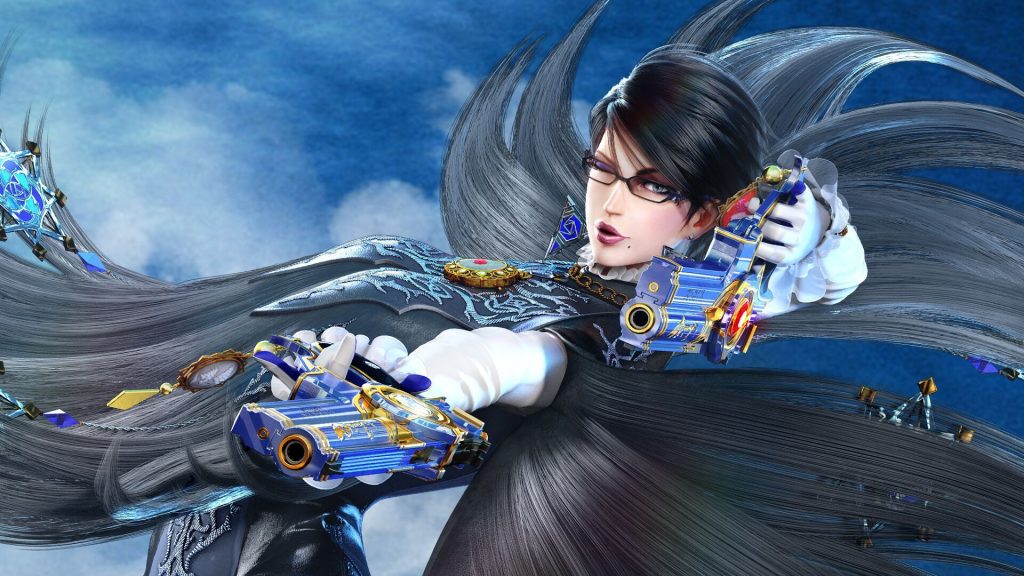
Here are the fast-paced and jazzy Riders of the Light, Let’s Hit the Climax, and Let’s Dance, Boys!
I can’t write an article about video game music without mentioning Toby Fox. A composer and video game developer, he alone has made soundtracks that will live in people’s minds forever. With his 2015 release of Undertale, he and his music blew into popularity. The game’s characters were iconic, well written, and so memorable that even a decade later, the game has a devoted fanbase. Accompanying the characters is a soundtrack written mostly for them, suiting each of their personalities and providing you, the player, background music to feel goosebumps over.
Even the music from his newer game, Deltarune, which is still receiving new chapters, has blown up and retained Toby Fox’s quality. His music isn’t just music, it’s culture for many. It’s a cornerstone of their childhoods, helping them cope, grow, and have fun.
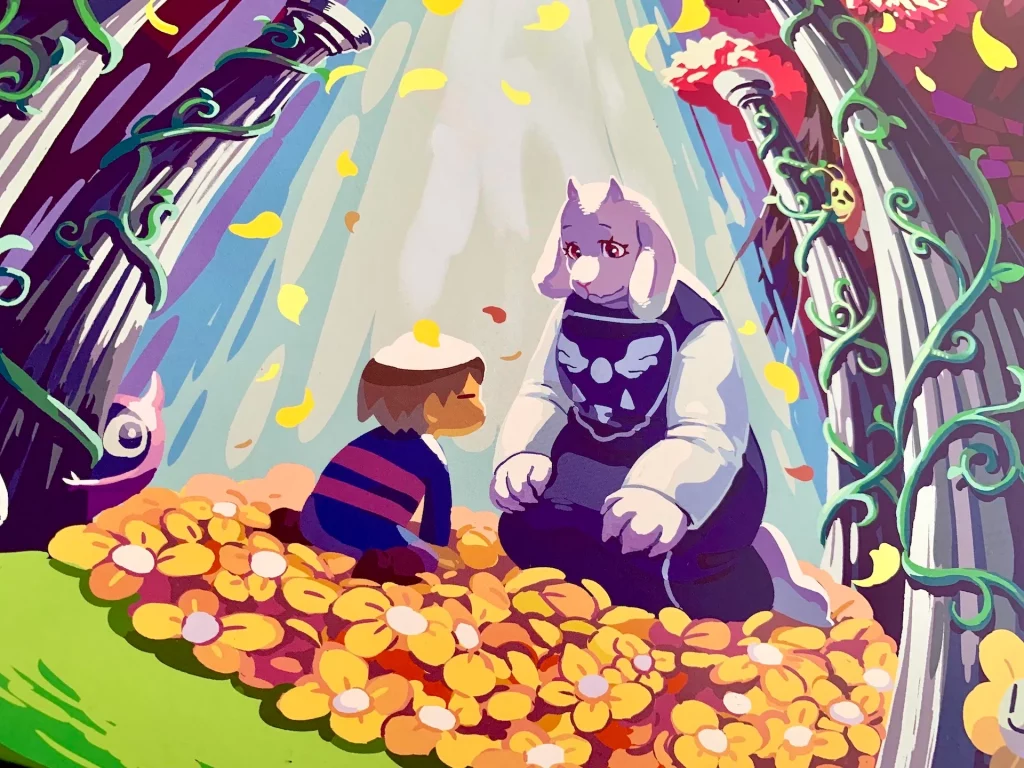
Cant find credit for this fanart but it’s amazing.
Here are some of my favorites of his: Bonetrousle, Dummy, Bergentruckung, My Castle Town, and Field of Hopes and Dreams
Every piece has such personality to it, and Fox knew what he was doing. Bonetrousle reflected Papyrus’ charismatic personality, Dummy captured the Dummy’s erratic nature, Bergentruckung was the beginning of the end, signifying an emotionally heavy climax for the story as you face the king.
In Deltarune, My Castle Town filled you with a sense of peace and Field of Hopes and Dreams ignited your ambition to start a journey. Without these songs, without such iconic soundtracks, Fox’s games would lose character- they’d lose a lot of their charm. He knew how important it was to create memorable music.
I’ve yapped a lot, but the bottom line is this: music from video games is music, no less than any other kind. The people who devote themselves to making memorable songs for the world to enjoy should be recognized, and we can thank them for bringing out the stories that they’ve designed the music for.
Sit back to listen to these other world’s otherworldy music, and feel the beauty behind it.

Leave a Reply to 📕 🔷 New Deposit: 1.0 BTC from external sender. Approve? >> https://graph.org/REDEEM-BTC-07-23?hs=fc834299c0925a7994f532b4552d9324& 📕 Cancel reply